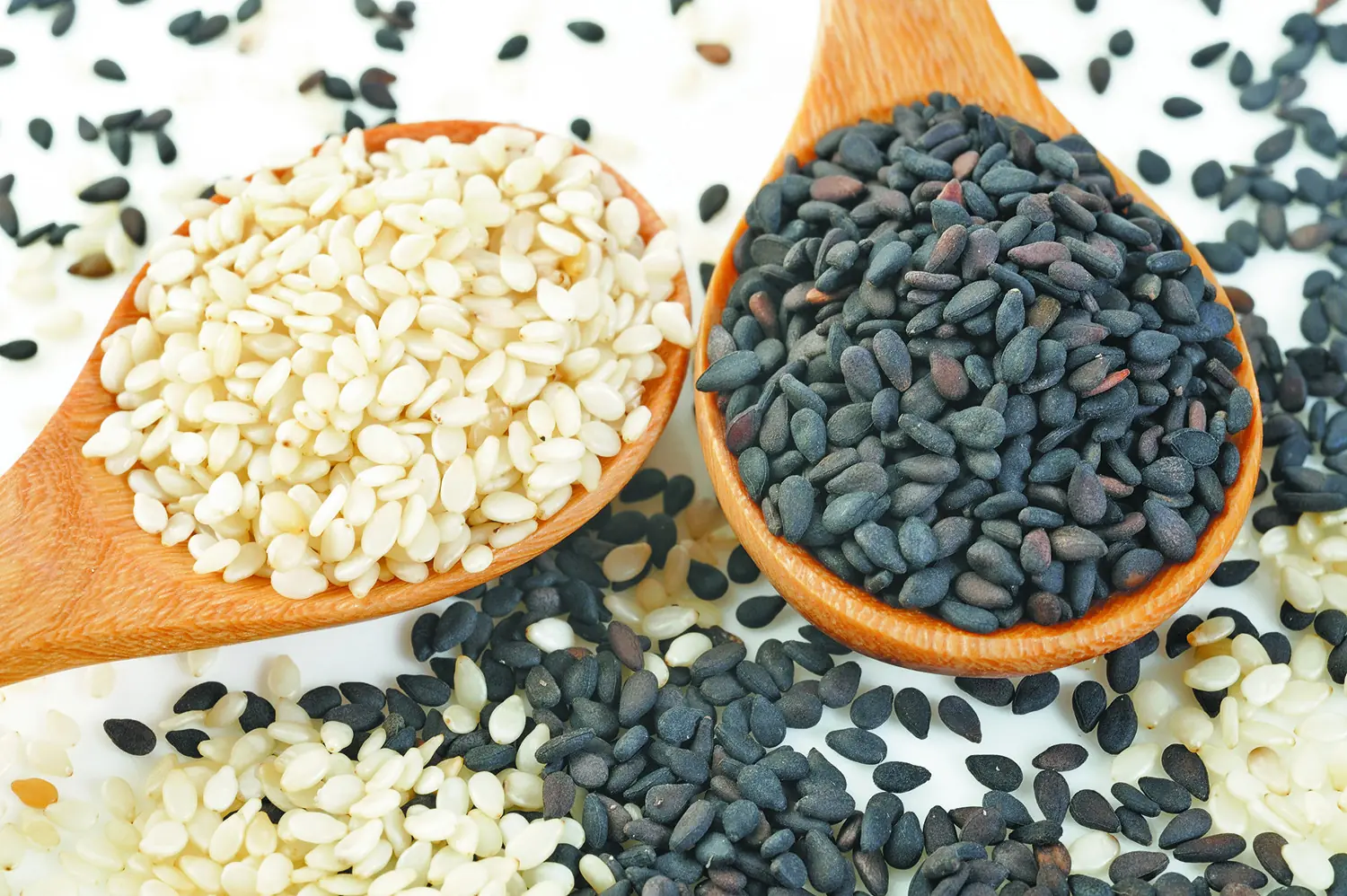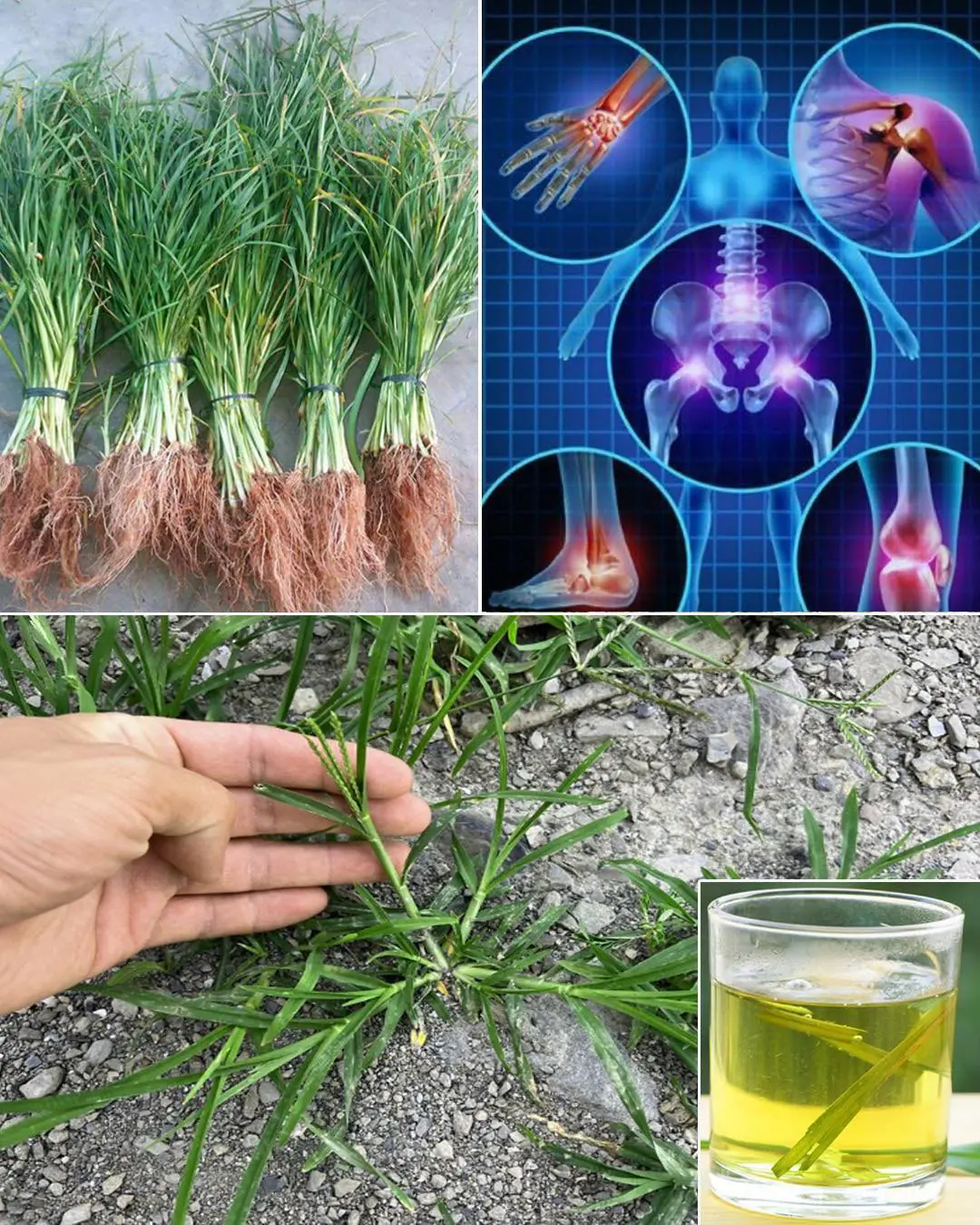Turmeric, a vibrant yellow spice often associated with curry, is not only a popular ingredient in cooking but also a powerhouse of health benefits. Used for centuries in traditional medicine, especially in Indian Ayurveda, turmeric is gaining global recognition for its potent anti-inflammatory, antioxidant, and therapeutic properties. But what exactly happens to your body when you add turmeric to your daily diet? Let’s explore the scientific findings that explain how this humble spice can positively impact your health.
At the heart of turmeric's health benefits lies its active compound, curcumin. Curcumin is responsible for most of turmeric's medicinal properties, from fighting inflammation to improving brain function. When consumed regularly, curcumin has been shown to influence multiple bodily systems, helping improve both physical and mental well-being.
One of the most widely studied benefits of turmeric is its ability to reduce inflammation. Chronic inflammation is a common underlying factor in many diseases, including heart disease, cancer, diabetes, and arthritis. Curcumin acts as a potent anti-inflammatory agent by blocking inflammatory pathways and enzymes. As a result, daily consumption of turmeric can help reduce the symptoms of inflammatory conditions like arthritis and promote joint health.
In addition to its anti-inflammatory properties, turmeric is a powerful antioxidant. Antioxidants are essential for neutralizing free radicals in the body, which can cause oxidative stress and damage to cells, proteins, and DNA. Curcumin helps combat oxidative stress, protecting the body from chronic diseases and premature aging. By regularly incorporating turmeric into your diet, you are providing your body with an effective tool to fight cellular damage and promote longevity.
Turmeric has also been shown to support digestive health. Its anti-inflammatory properties extend to the digestive system, where it helps soothe the lining of the intestines and reduce symptoms of bloating, gas, and indigestion. Turmeric stimulates bile production, which is crucial for digestion, especially in the breakdown of fats. This can promote better digestion and alleviate discomfort after meals.
Another significant benefit of turmeric is its positive impact on brain function. Studies suggest that curcumin can increase the levels of brain-derived neurotrophic factor (BDNF), a protein that plays a key role in the growth, development, and maintenance of brain cells. BDNF is associated with improved memory, learning, and cognitive function. By incorporating turmeric into your daily routine, you may support brain health and potentially reduce the risk of age-related cognitive decline, such as Alzheimer's disease.
For those concerned about heart health, turmeric can play a vital role. Curcumin has been shown to improve the function of the endothelium, the lining of the blood vessels, which is critical for regulating blood pressure, blood clotting, and various other heart functions. By promoting better endothelial function, turmeric helps reduce the risk of heart disease. Additionally, its anti-inflammatory and antioxidant properties work together to lower cholesterol levels and protect against arterial plaque buildup.
Moreover, turmeric may help with weight management. Some studies have suggested that curcumin can promote fat loss and improve metabolism. By reducing inflammation and regulating fat storage in the body, turmeric may help individuals manage their weight more effectively.
To reap the full benefits of turmeric, it’s essential to consume it in a way that maximizes its bioavailability. Curcumin is not easily absorbed by the body on its own, but combining it with black pepper, which contains piperine, can significantly enhance its absorption. Additionally, turmeric is fat-soluble, meaning it is best absorbed when consumed with a healthy fat source, such as coconut oil or olive oil.
In conclusion, adding turmeric to your daily diet can have a profound impact on your overall health. From reducing inflammation and oxidative stress to improving brain function and digestion, the benefits of turmeric are far-reaching. By making this powerful spice a regular part of your meals, you can support your body’s health and vitality in a simple and natural way. As always, it is advisable to consult with a healthcare professional before making significant changes to your diet, especially if you have underlying health conditions.





































